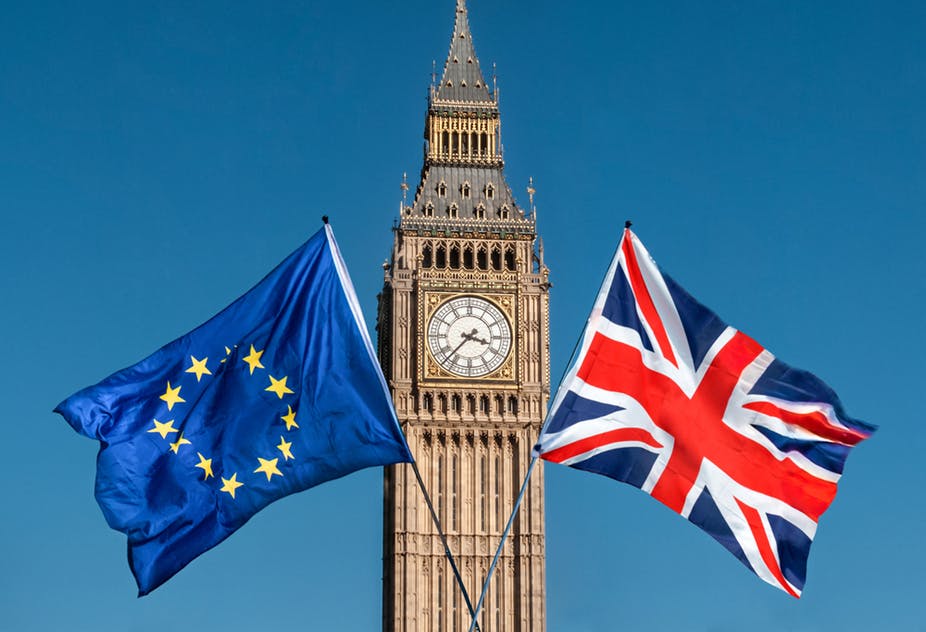Thoughts to hang onto during the rollercoaster Brexit ride
Date 26.03.2019

Kate Ironside is a Senior Lecturer in Journalism at the University of Northampton and a former political journalist. She spent 13 years at Westminster, working for Central Press, the Daily Express and BBC Westminster and, for 17 years, wrote a weekly award-winning column on the European Union for the Western Morning News. She sits on the executive board of the Broadcast Journalism Training Council and has written its official textbook on public affairs, Reporting Power.
Here, Kate offers up 24 thoughts to hang onto during the rollercoaster Brexit ride…
- MPs have twice rejected – by crushing margins – the Prime Minister’s transition deal for leaving the EU.
- The transition deal does not set out the UK’s long-term relationship with the EU. It just sets out what that relationship would be during… guess what… a transition period while negotiations about our actual long-term relationship with the EU are thrashed out.
- The negotiations about our long-term relationship with the EU haven’t even begun. Deep breath.
- The European Union has agreed to extend the UK’s membership of the EU until 22 May providing MPs change their minds and approve Theresa May’s transition deal by this Friday, 29 March.
- If MPs DON’T approve the deal by this Friday, the UK will leave the EU without a deal on 12 April.
- Unless the UK Government can persuade the EU to support another way forward.
- MPs have also rejected leaving the EU without a deal. Most MPs fear a no deal Brexit would harm the UK economy.
- The European Union is pressing ahead with preparations for a no deal.
- If MPs don’t approve Mrs May’s deal by Friday and don’t drop their opposition to leaving without a deal by 12 April, one of two things will have to happen.
- Either the Government would have to request a longer extension to Article 50, which will require the unanimous consent of all 27 EU member states…
- Or the Government could simply revoke Article 50, of its own accord, and abandon Brexit.
- Both steps would involve taking part in European Parliament elections. Both steps are opposed by the current Prime Minister.
- If the EU was to agree to a longer extension, it would want some clear idea what form of transition deal both the UK Government and Parliament could support.
- MPs have, for this week, “taken over” the parliamentary business dealing with Brexit to try and thrash out what on earth that might be.
- Regardless of the outcome of the MPs’ votes this week, the EU doesn’t negotiate with Parliaments. It only negotiates with Governments.
- The Government would therefore have to agree with whatever compromise MPs may or may not come up with.
- The EU 27 member states would have to agree with it too.
- Or we leave without a deal.
- Or we stay in the EU.
- Changing Prime Minister wouldn’t make things any easier. That individual would face the same problems: a divided Conservative Party; a divided House of Commons; the same parliamentary arithmetic and the same EU negotiating stance.
- A General Election probably wouldn’t help. Both two main parties of government, the Conservatives and Labour are divided. We’d likely end up with a hung parliament that was still bitterly divided over Brexit.
- The quickest way to leave the EU is for MPs to abandon their opposition to Mrs May’s transition deal.
- They could then start fighting over what our long-term relationship with the EU should be.
- Simples.